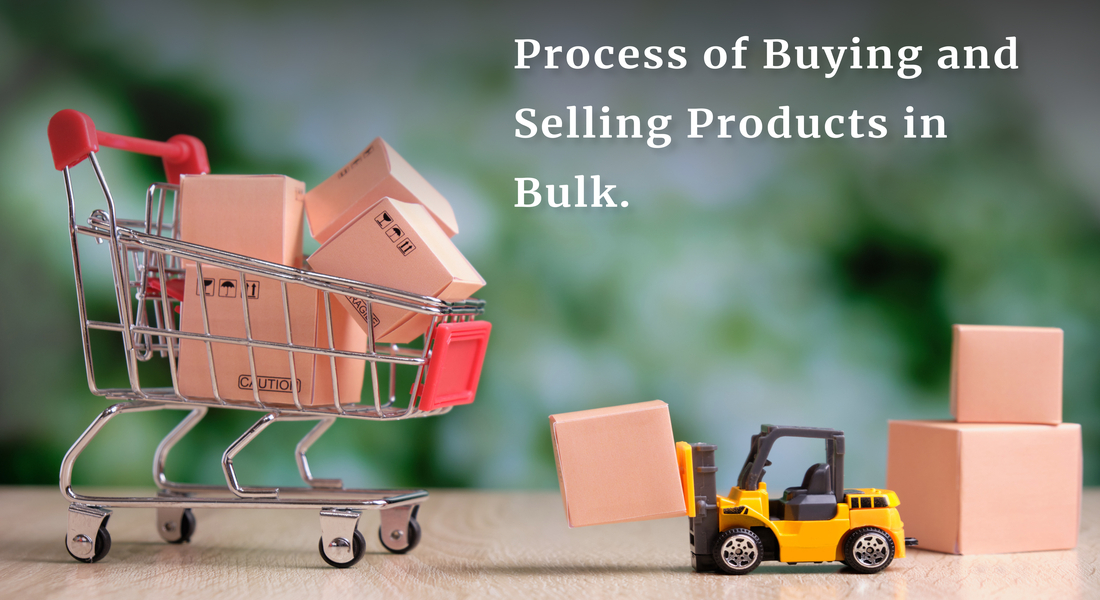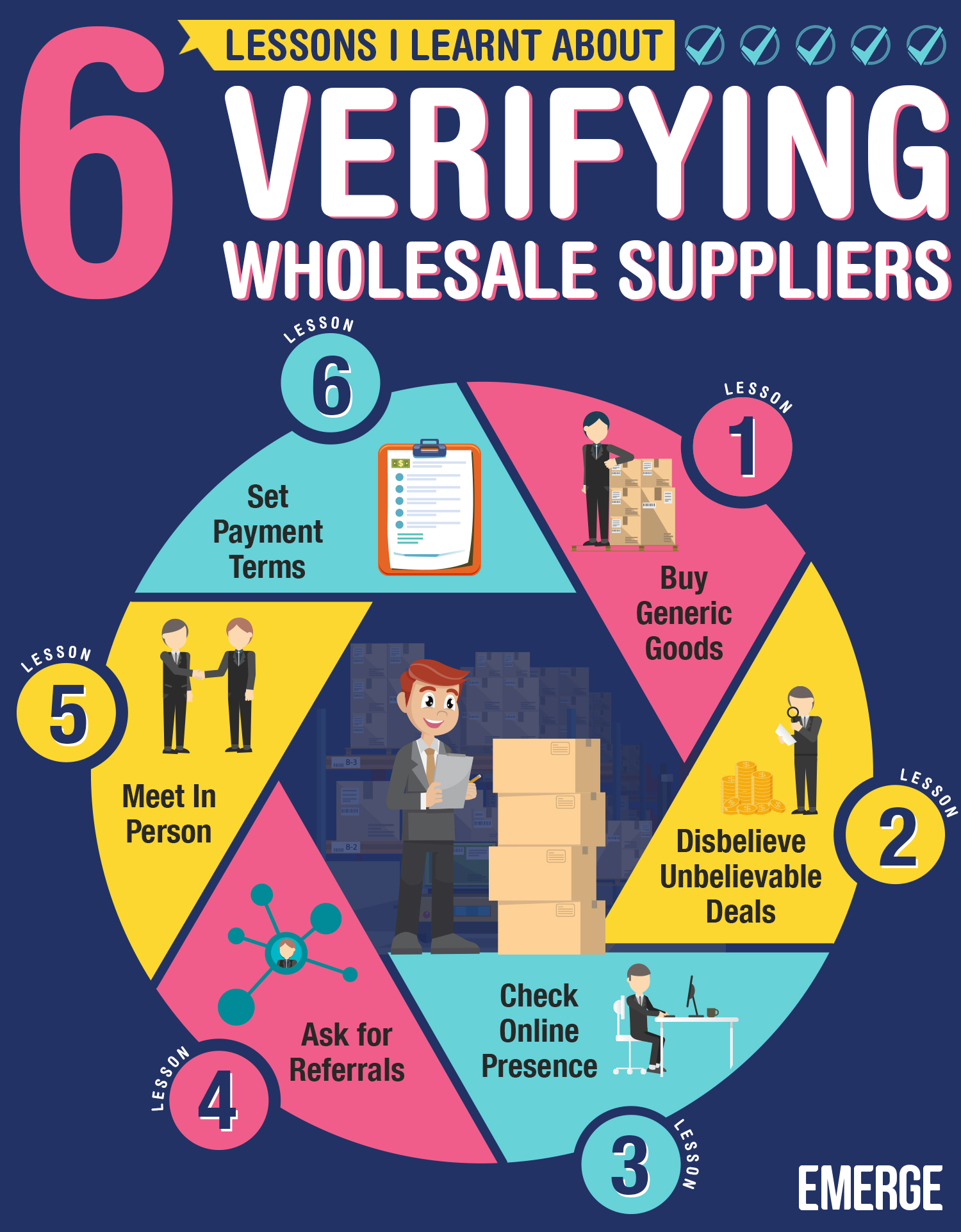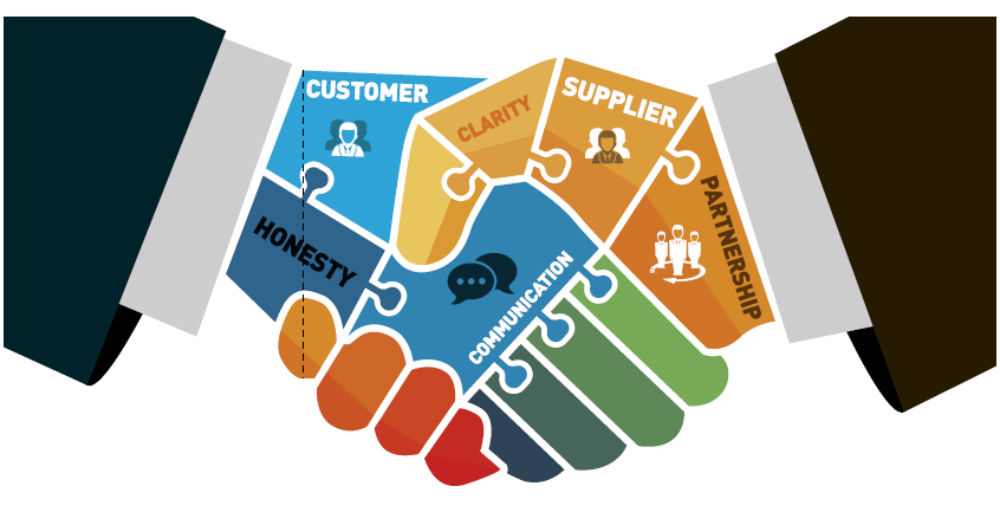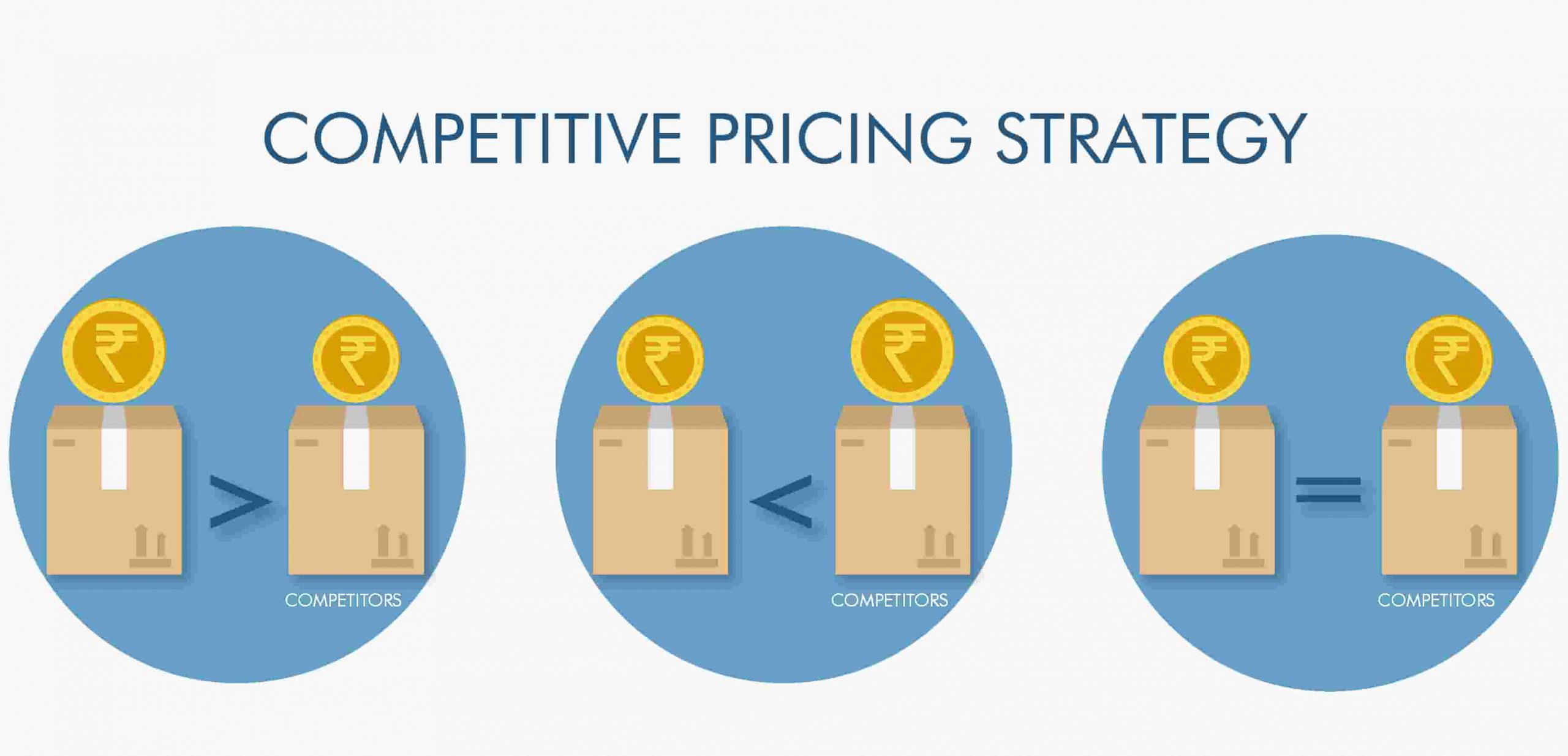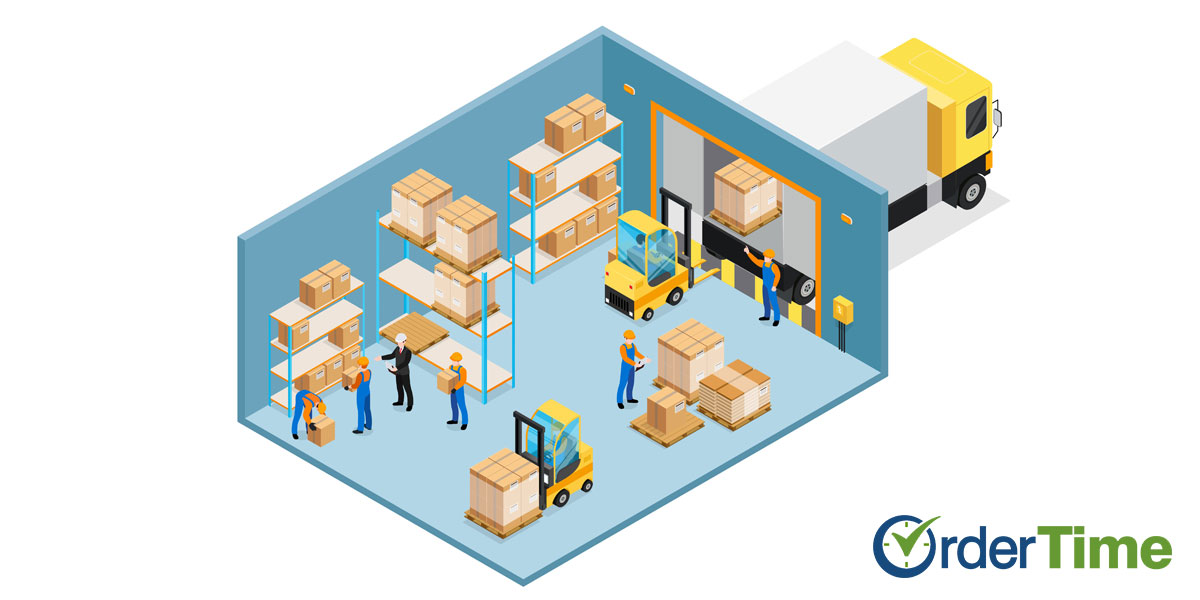Why Buying Wholesale is a Game-Changer for Your Business
Buying wholesale products can be a game-changer for businesses of all sizes, from small startups to large enterprises. By purchasing products in bulk, businesses can significantly reduce their costs and increase their profit margins. This is especially true for businesses that require large quantities of products, such as retailers, distributors, and manufacturers.
One of the main benefits of buying wholesale products is the ability to access a wide range of products at discounted prices. Wholesale suppliers offer a vast array of products, including electronics, fashion items, home goods, and more. By purchasing these products in bulk, businesses can stock up on the items they need and sell them to their customers at a markup.
In addition to reducing costs and increasing profit margins, buying wholesale products can also help businesses to improve their efficiency and productivity. By purchasing products in bulk, businesses can reduce the number of orders they need to place and the amount of time they spend managing inventory. This can help to streamline their operations and free up more time to focus on other areas of the business.
Furthermore, buying wholesale products can also provide businesses with a competitive edge in the market. By offering high-quality products at competitive prices, businesses can attract more customers and increase their market share. This can be especially true for businesses that operate in industries where price is a major factor in the purchasing decision.
Overall, buying wholesale products is a smart business strategy that can help businesses to reduce costs, increase profit margins, and improve their efficiency and productivity. Whether you’re a small startup or a large enterprise, buying wholesale products can be a game-changer for your business. By following the tips and strategies outlined in this article, you can learn how to buy wholesale products and take your business to the next level.
Understanding the Wholesale Market: Types of Wholesale Products and Suppliers
The wholesale market is a vast and diverse industry, offering a wide range of products and services to businesses of all sizes. When it comes to buying wholesale products, it’s essential to understand the different types of products available and the various suppliers that offer them.
Wholesale products can be broadly categorized into several main groups, including electronics, fashion items, home goods, and more. Electronics, for example, include products such as smartphones, laptops, and tablets, while fashion items encompass clothing, accessories, and footwear. Home goods, on the other hand, include products such as furniture, appliances, and kitchenware.
In addition to understanding the different types of wholesale products, it’s also crucial to know the various types of suppliers that offer them. There are three main types of wholesale suppliers: manufacturers, distributors, and wholesalers. Manufacturers are the original producers of the products, while distributors act as middlemen between the manufacturers and the wholesalers. Wholesalers, on the other hand, purchase products from the manufacturers or distributors and sell them to businesses and individuals.
When it comes to finding reliable wholesale suppliers, research is key. Businesses should look for suppliers that have a good reputation, offer high-quality products, and provide excellent customer service. It’s also essential to check for licenses and certifications, such as ISO 9001, to ensure that the supplier meets international standards.
Another important factor to consider when selecting a wholesale supplier is their product offerings. Businesses should look for suppliers that offer a wide range of products, including the latest models and designs. This can help businesses to stay competitive in the market and offer their customers the products they want.
Finally, businesses should also consider the pricing and payment terms offered by the wholesale supplier. Suppliers that offer competitive pricing and flexible payment terms can help businesses to save money and improve their cash flow.
By understanding the different types of wholesale products and suppliers, businesses can make informed decisions when it comes to buying wholesale products. This can help them to find the best products at the best prices, improve their profitability, and stay competitive in the market.
How to Find Reputable Wholesale Suppliers: Tips and Tricks
When it comes to buying wholesale products, finding a reputable supplier is crucial to ensuring a successful and profitable business. A good supplier can provide high-quality products, reliable shipping, and excellent customer service, while a bad supplier can lead to delays, defects, and financial losses.
So, how do you find a reputable wholesale supplier? Here are some tips and tricks to help you get started:
First, research the supplier’s reputation online. Check for reviews, testimonials, and ratings from other customers. Look for suppliers with a good track record of delivering high-quality products and excellent customer service.
Second, check for licenses and certifications. Reputable suppliers will have the necessary licenses and certifications to operate in their industry. Check for certifications such as ISO 9001, which indicates that the supplier has met international standards for quality management.
Third, verify the supplier’s product quality. Check the supplier’s product offerings and ensure that they meet your business needs. Look for suppliers that offer high-quality products, and check for any certifications or warranties that guarantee the product’s quality.
Fourth, build a relationship with the supplier. A good supplier will be willing to work with you to meet your business needs. Build a relationship with the supplier by communicating regularly, negotiating prices, and providing feedback on their products and services.
Fifth, negotiate prices. Reputable suppliers will be willing to negotiate prices with you. Use market research to determine the average price of the product, and negotiate a price that is competitive and profitable for your business.
Finally, consider the supplier’s shipping and logistics. Reputable suppliers will have a reliable shipping and logistics system in place. Check for suppliers that offer fast and reliable shipping, and consider the cost of shipping when calculating the total cost of the product.
By following these tips and tricks, you can find a reputable wholesale supplier that meets your business needs. Remember to research the supplier’s reputation, check for licenses and certifications, verify product quality, build a relationship with the supplier, negotiate prices, and consider shipping and logistics.
When you find a reputable wholesale supplier, you can be confident that you are getting high-quality products at competitive prices. This can help you to increase your profit margins, improve your customer satisfaction, and grow your business.
The Art of Negotiation: How to Get the Best Deals from Wholesale Suppliers
Negotiation is a crucial part of buying wholesale products. It can help you get the best deals from suppliers, reduce costs, and increase profit margins. However, negotiation can be a daunting task, especially for those who are new to wholesale shopping.
To negotiate effectively, you need to understand the market prices of the products you are interested in. Research the market to determine the average price of the product, and use this information as a basis for your negotiation. You can also use online pricing guides, industry reports, and trade publications to get an idea of the market prices.
Another key to successful negotiation is to make bulk purchases. Wholesale suppliers often offer discounts for large orders, so it’s essential to take advantage of this. However, be sure to calculate the total cost of the product, including shipping and handling, to ensure that you are getting the best deal.
Cash payments can also be a powerful tool in negotiation. Many wholesale suppliers offer discounts for cash payments, so it’s essential to consider this option. However, be sure to negotiate the terms of the payment, including the payment method, payment schedule, and any penalties for late payment.
Respect and professionalism are also essential in negotiation. Treat the supplier with respect, and be professional in your communication. Avoid being pushy or aggressive, as this can harm your relationship with the supplier and reduce your chances of getting a good deal.
Finally, be flexible and open-minded in your negotiation. Be willing to consider different options and alternatives, and be open to compromise. This can help you get the best deal possible and build a strong relationship with the supplier.
By following these tips, you can negotiate effectively with wholesale suppliers and get the best deals possible. Remember to research market prices, make bulk purchases, use cash payments, be respectful and professional, and be flexible and open-minded. With practice and experience, you can become a skilled negotiator and get the best deals from wholesale suppliers.
Negotiation is an art that requires skill, strategy, and practice. By mastering the art of negotiation, you can get the best deals from wholesale suppliers and take your business to the next level. Whether you are a small startup or a large enterprise, negotiation is an essential part of buying wholesale products and achieving success in the wholesale market.
Wholesale Product Sourcing: How to Find the Best Products for Your Business
Wholesale product sourcing is a crucial step in buying wholesale products. It involves finding the right products for your business, at the right price, and from a reliable supplier. In this article, we will discuss the process of finding the best wholesale products for your business, including researching market trends, identifying target audiences, and evaluating product quality.
Researching market trends is an essential part of wholesale product sourcing. It involves analyzing consumer behavior, identifying popular products, and understanding market demand. By researching market trends, you can identify the products that are in high demand and have a good chance of selling well.
Identifying target audiences is also crucial in wholesale product sourcing. It involves understanding the demographics, needs, and preferences of your target audience. By identifying your target audience, you can find products that meet their needs and preferences, and increase the chances of selling them.
Evaluating product quality is another important step in wholesale product sourcing. It involves checking the product’s features, specifications, and quality. By evaluating product quality, you can ensure that you are buying high-quality products that meet your business needs.
Considering factors such as pricing, packaging, and shipping is also essential in wholesale product sourcing. It involves evaluating the total cost of the product, including the cost of shipping and packaging. By considering these factors, you can ensure that you are buying products at a competitive price and with minimal additional costs.
Using online wholesale marketplaces and trade shows can also be a great way to find wholesale products. These platforms provide a wide range of products from various suppliers, and can help you find the best products for your business.
Finally, building relationships with suppliers is also important in wholesale product sourcing. It involves establishing a good working relationship with suppliers, and negotiating prices and terms. By building relationships with suppliers, you can ensure that you are getting the best products at the best prices, and with minimal hassle.
By following these steps, you can find the best wholesale products for your business. Remember to research market trends, identify target audiences, evaluate product quality, consider pricing and packaging, use online wholesale marketplaces and trade shows, and build relationships with suppliers. With practice and experience, you can become a skilled wholesale product sourcer and find the best products for your business.
https://www.youtube.com/watch?v=zddEwt_SQUY
Wholesale Pricing Strategies: How to Calculate and Set Prices for Your Products
Wholesale pricing is a critical aspect of buying wholesale products. It involves calculating and setting prices for your products that are competitive, profitable, and aligned with your business goals. In this article, we will discuss the different pricing strategies for wholesale products, including cost-plus pricing, competitive pricing, and value-based pricing.
Cost-plus pricing is a common pricing strategy used in wholesale markets. It involves adding a markup to the cost of the product to determine the selling price. The markup can be a fixed percentage or a variable amount, depending on the product and market conditions.
Competitive pricing is another popular pricing strategy used in wholesale markets. It involves setting prices based on the prices of similar products offered by competitors. This strategy helps to ensure that your prices are competitive and aligned with market conditions.
Value-based pricing is a pricing strategy that involves setting prices based on the perceived value of the product to the customer. This strategy takes into account the product’s features, quality, and benefits, as well as the customer’s willingness to pay.
When calculating prices, it’s essential to consider factors such as costs, profit margins, and market conditions. Costs include the cost of the product, shipping, and handling, as well as any other expenses associated with selling the product. Profit margins refer to the difference between the selling price and the cost of the product.
Market conditions, such as supply and demand, seasonality, and competition, can also impact pricing decisions. For example, if demand is high and supply is low, you may be able to charge a higher price for your product. On the other hand, if demand is low and supply is high, you may need to lower your price to remain competitive.
Using pricing software and tools can also help you to calculate and set prices for your products. These tools can help you to analyze market data, track competitor prices, and optimize your pricing strategy.
Finally, it’s essential to regularly review and adjust your pricing strategy to ensure that it remains competitive and aligned with your business goals. This may involve monitoring market conditions, tracking competitor prices, and gathering feedback from customers.
By using these pricing strategies and considering the factors mentioned above, you can calculate and set prices for your wholesale products that are competitive, profitable, and aligned with your business goals.
Managing Your Wholesale Inventory: Tips for Efficient Stock Management
Managing your wholesale inventory is a crucial aspect of buying wholesale products. It involves tracking stock levels, monitoring product expiration dates, and optimizing storage space. In this article, we will discuss the importance of having a well-organized inventory system and provide tips on how to manage your wholesale inventory effectively.
Tracking stock levels is essential to ensure that you have enough products in stock to meet customer demand. This can be done using inventory management software or by manually tracking stock levels. It’s also important to monitor product expiration dates to ensure that you are not holding onto expired or obsolete products.
Optimizing storage space is also critical to efficient stock management. This can be done by using shelving and storage units that maximize space, and by implementing a first-in, first-out inventory system. This ensures that older products are sold or used before newer ones, reducing the risk of expired or obsolete products.
Implementing a just-in-time inventory system can also help to optimize stock levels and reduce waste. This involves ordering products just in time to meet customer demand, rather than holding large quantities of stock. This approach can help to reduce inventory costs and improve cash flow.
Using inventory management software can also help to streamline inventory management and improve efficiency. This software can help to track stock levels, monitor product expiration dates, and optimize storage space. It can also provide real-time data and insights to help inform inventory decisions.
Regularly reviewing and adjusting your inventory management strategy is also essential to ensure that it remains effective and efficient. This involves monitoring inventory levels, tracking sales and customer demand, and making adjustments as needed.
By implementing these tips and strategies, you can manage your wholesale inventory effectively and improve the efficiency of your business. Remember to track stock levels, monitor product expiration dates, optimize storage space, implement a just-in-time inventory system, use inventory management software, and regularly review and adjust your inventory management strategy.
Effective inventory management is critical to the success of any business that buys wholesale products. By implementing a well-organized inventory system and using the tips and strategies outlined in this article, you can improve the efficiency of your business and increase your bottom line.
Common Mistakes to Avoid When Buying Wholesale Products
Buying wholesale products can be a great way to save money and increase profit margins, but it’s not without its risks. There are several common mistakes that businesses make when buying wholesale products, and avoiding these mistakes is crucial to ensuring a successful wholesale shopping experience.
One of the most common mistakes is not researching suppliers thoroughly. This can lead to buying from unreliable suppliers who may not deliver high-quality products or may not be able to meet your business needs. To avoid this mistake, it’s essential to research suppliers thoroughly, including checking for licenses and certifications, reading reviews and testimonials, and verifying product quality.
Another common mistake is not negotiating prices. Wholesale suppliers often have room for negotiation, and not taking advantage of this can result in paying too much for products. To avoid this mistake, it’s essential to negotiate prices with suppliers, including understanding market prices, making bulk purchases, and using cash payments.
Not considering product quality is also a common mistake. Wholesale products can vary in quality, and buying low-quality products can result in customer dissatisfaction and damage to your business reputation. To avoid this mistake, it’s essential to evaluate product quality, including checking for certifications, reading reviews and testimonials, and verifying product specifications.
Not having a clear understanding of the wholesale market is also a common mistake. The wholesale market can be complex, and not understanding the different types of wholesale products and suppliers can result in buying the wrong products or from the wrong suppliers. To avoid this mistake, it’s essential to understand the wholesale market, including the different types of wholesale products and suppliers, and the importance of researching and finding reliable suppliers.
Finally, not having a well-organized inventory system is also a common mistake. Wholesale products can be bulky and difficult to manage, and not having a well-organized inventory system can result in stock levels becoming unmanageable. To avoid this mistake, it’s essential to have a well-organized inventory system, including tracking stock levels, monitoring product expiration dates, and optimizing storage space.
By avoiding these common mistakes, businesses can ensure a successful wholesale shopping experience and reap the benefits of buying wholesale products, including reduced costs, increased profit margins, and access to a wide range of products.
Remember, buying wholesale products requires careful planning and research. By understanding the wholesale market, researching suppliers thoroughly, negotiating prices, considering product quality, and having a well-organized inventory system, businesses can avoid common mistakes and ensure a successful wholesale shopping experience.

